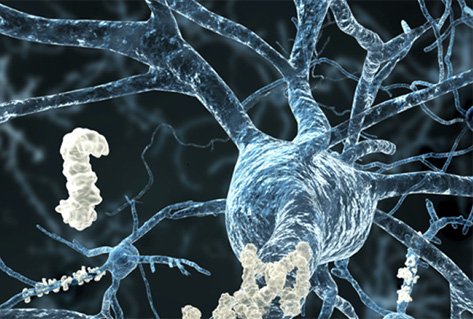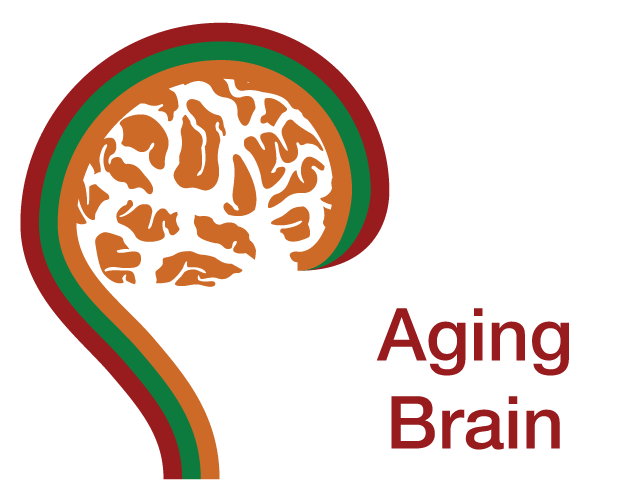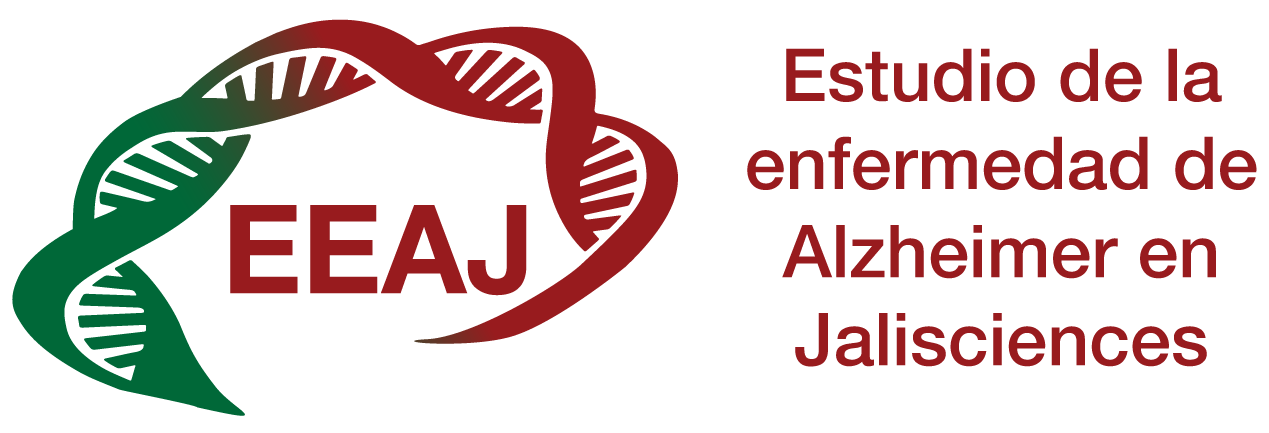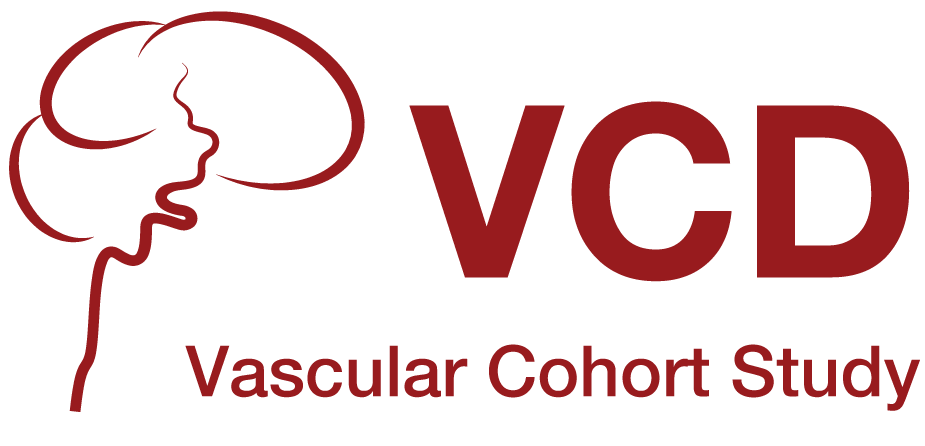Scientists & Researchers



The Aging Brain project (2008-2014) assessed evidence for several possible pathways whereby vascular risk factors (VRF) and cerebrovascular disease (CVD) might adversely impact brain structure and function. Over a 5 year period, 303 volunteers were recruited and followed prospectively. Participants were selected to represent 1) a spectrum of vascular risk, ranging from low to high and 2) a spectrum of cognitive impairment, ranging from no to mild cognitive impairment. Neuropsychological testing was performed every year, and MRI scans were done every 2 years.
– Get Data

Leveraging the availability of a large number of Mexican and Mexican-Americans at risk for specific mutations in the PSEN1 and APP genes, this study leverages the HCP approach to comprehensively characterize the anatomical, pathological, physiological, and clinical pre- and symptomatic stages of AD subtypes. – Get Data

The purpose of this study is to learn how vascular risk factors such as high blood pressure, high cholesterol, or high blood sugar may also be related to increased risk for developing Alzheimer’s disease. This study will look at biological markers for AD risk found in the blood and cerebral spinal fluid of individuals who have either high or low levels of vascular risk factors. – Get Data

The purpose of this study is to learn how changes in the brain’s vascular system may be related to an increased risk for developing AD in individuals who either have or do not have the specific APOE gene or PSEN1 gene mutation. – Get Data
Responsible for overall scientific direction and administration of Center.
Evaluates, enrolls, follows, and refers subjects with AD and other dementia to research projects using NACC UDS protocols.
Oversees the PAC-NACC UDS database, provides study- and core-specific databases (e.g., REDCap), and curates our large imaging data sets as a local and national resource.
Provides neuropathological diagnoses, distributes tissues, defines genotypes relevant to AD, VD, and other dementias.
Works closely with the Clinical Core for subject recruitment and retention, with an emphasis on ethnic participants, especially Latino.
Uses state of the art methods to determine vascular, BBB, and NVU cell-and system-specific biomarkers in biofluids (CSF, plasma) and standard AD biomarkers (e.g., Aβ, tau, pTau)
Facilitates use of state-of-the-art functional and structural neuroimaging by ADRC investigators and other investigators pursuing related brain imaging projects at USC and neighboring Institutes.
Focuses on training/mentoring of scientists from underrepresented groups.
Modified Mini-Mental State (3MS)
Nutrition Program for Brain Health in English and Spanish / Español

The USC ADRC focuses on mild cognitive changes related to aging, Alzheimer disease (AD) and cerebrovascular disease (CVD) in multi-ethnic communities. The USC ADRC has three overarching goals: 1) elucidate vascular contributions to Alzheimer’s disease (AD); 2) catalyze local research in AD at USC (especially Phase I/Phase II clinical trials); and 3) contribute expertise in […]

New RFP Deadlines will be out soon. HERE IS LAST YEAR’S EXAMPLE WHICH WILL BE SIMILAR. Download RFP and schedule: RFAADRCYR31.pdf Opportunity Each year, the ADRC will select and fund two pilot projects. Applicants may request direct costs up to $30,000 for one-year pilot projects (April 1, 2015- March 31, 2016). Applicants must identify a […]

USC ADRC Research Finding: Terrance Town: IL-10 in Mouse model of AD – – Mouse Immune System Can Wipe Brain of Alzheimer Indicators. See link for USC News Article